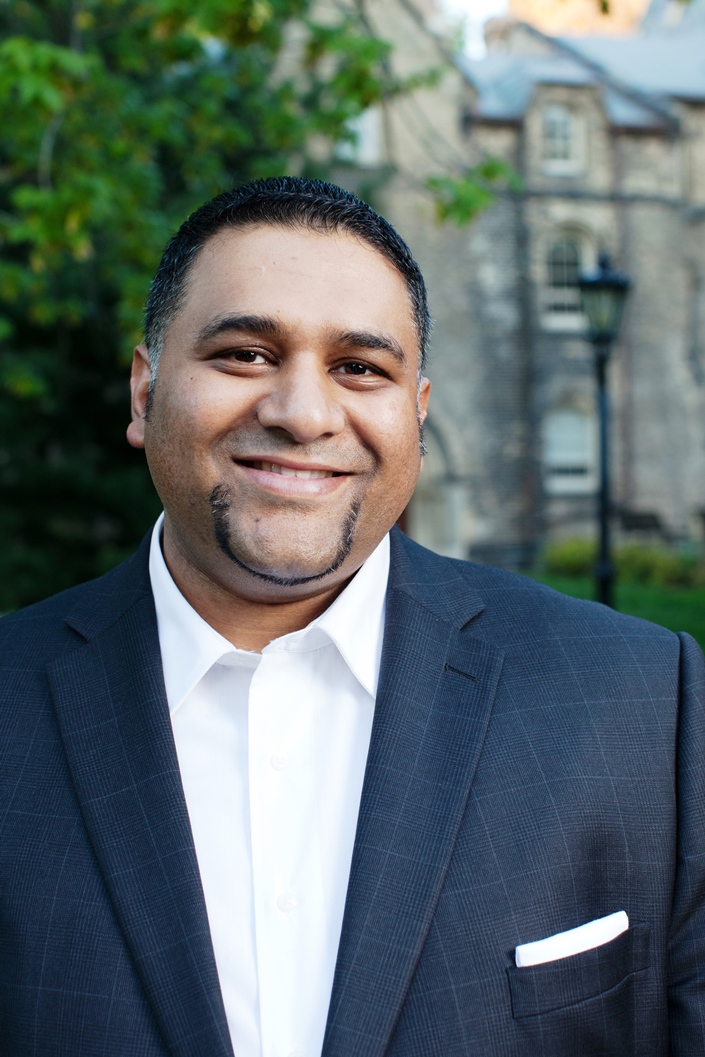A confession: I’ve been a proud professional fundraiser for almost 15 years, but even I find it challenging to make decisions about charitable donations. Many people give because they care, but a lot of people give because they’re asked. And we’re asked a lot. We get asked at the office by co-workers, on the phone during dinner, at Church by our pastors, on the street, at the grocery store and even in our homes by our own children. For those of us who can’t afford to give away thousands of dollars a year, it’s even more important to know our donations count and have the impact we want. In my career, I’ve observed many smart donors. Here are some lessons I’ve taken from them to make my own giving more strategic:
Going deeper
I believe that democracy is not a spectator sport and have volunteered in every election I’ve ever voted in. It’s not easy to gain non-partisan perspective, but when it comes to supporting growth in a local community, it’s essential.
Volunteering for my local community centre, and later joining the Board, was a 1 hour a month commitment. It gave me incredible access and understanding of the real good that grassroots charities were doing with as little as $100.
Consider volunteering with organizations that can provide perspective as a way to gain the knowledge to make every dollar you give work harder.
Thinking wider
When I was young and poor I wanted to ‘help’ the homeless, so I started mopping the floor at a food program in my 20s. Over time, I rose through the ranks to serve food, and then lead the program as head-chef and coordinator of 200 volunteers. When I spoke to the people who volunteered and donated, I found that many of them were community advocates or held public positions solving the problems of the street: homelessness, housing, and mental health. These wise leaders gave my program $20 to address immediate needs, but they donated $200 to organizations working towards solutions tied to the issue. They volunteered to express their compassion.
Give to your history
As a student at one of Canada’s largest Universities, I was really challenged being a ‘commuting student’. I made my best connections, including my spouse and many of my long-term friends, in lounges and through volunteer programs. Later in life, working at that University, I saw millions of dollars spent on academic chairs and intellectual growth, but my passion was for that very personal experience I had. So I reached out and talked to the fundraising team to ask how my meager gifts could make a difference. In time, along with my spouse and friends, we created a ‘commuter fund’ at that huge university and all our donations (and bequests) go to that fund.
Feel free to customize your giving so you know your impact is reaching the people you want to help! Don’t be afraid to reach out to alumni or fundraising offices to ask questions. Alumni magazines, email lists, following on social media are the easiest way to do your research. If you’re someone who wants to do financial homework turn to the Canada Revenue Agency and Imagine Canada for the numbers and governance reports. Most of all, keep in touch with charities.
In my work, I’ve met many entrepreneurs who educated themselves at public libraries. A very faith-filled business owner once told me he gave to libraries because they are “the church of the mind” and he wanted to build more entrepreneurs in his community. So he built his own collection with just a few dollars per month over several years. Along with his local board of trade, it is now an entire resource wing! Professionals often tell me reading Charles Bronfman’s books on philanthropy and business was a big help in crafting a personal giving plan.
Guilty pleasures
Being a person of faith, my Church is the largest segment of my personal donations. There will never be a shortage of people who need help, service, or food. But is that the extent of why we’re here on earth?
We need to give ourselves permission to contribute to the sources of joy in our life. Imagine my surprise when I found out that my favourite jazz radio station is also Canada’s largest jazz education program and promoter of jazz music? Dive deeper into the passions of your soul and consider a gift to art, poetry, education, or music. If we don’t support these programs they might not exist for future generations. As a professional fundraiser I can tell you that when I research the funding of many of Canada’s great art institutions there is always a story of humble donations being the core foundation of support. Public funds only keep the lights on. They don’t lift the soul – private individuals who dream are much needed.
As a professional who has helped Canadians with their donations through estate planning, I meet many who have worked hard and saved much throughout their lives. It takes them time to look inside themselves and discover their true charitable passions. In the end, they express profound contentment knowing they are giving smarter, in line with their values and helping other people like them live a better life.

Leave a Reply